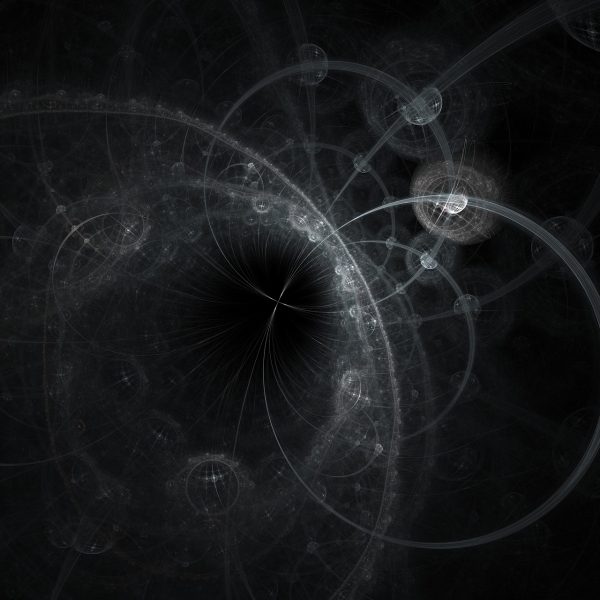In recent years, cosmologists have been faced with a crisis: The universe is expanding, but no one can agree on how fast it’s moving away from us.
That’s because different ways of measuring the Hubble constant, a fundamental parameter that describes this expansion, have produced conflicting results.
But a single, lucky observation of what are known as dark sirens — black holes or neutron stars whose crashes can be picked up by gravitational wave detectors on Earth but remain invisible to ordinary telescopes — could help resolve this tension.
As the cosmos expands, galaxies in the universe move away from Earth at a speed that depends on their distance from us. The relationship between speed and distance is called the Hubble constant, after American astronomer Edwin Hubble, who first calculated its value in the 1920s.



